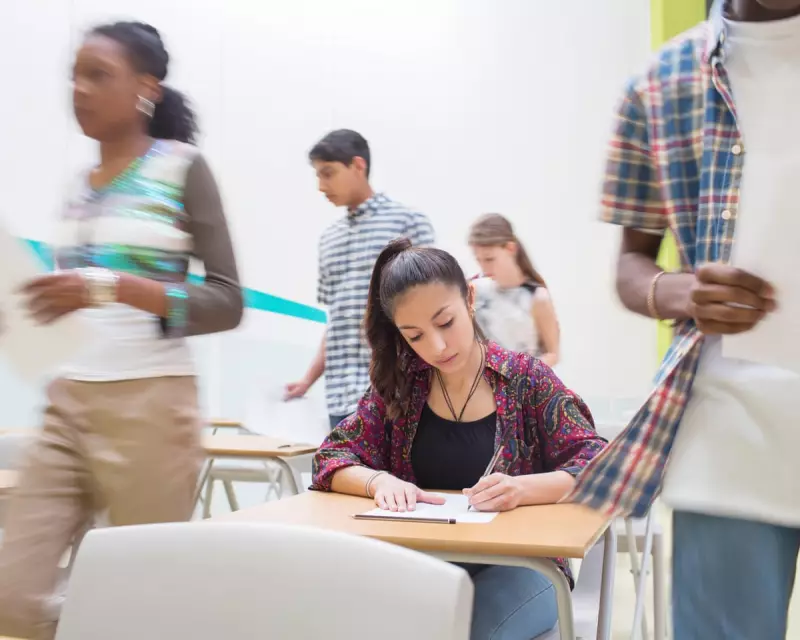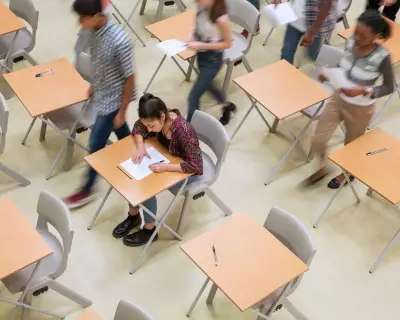
In an era where artificial intelligence reshapes industries and political certainties crumble, Britain's education system stands at a critical crossroads. The much-anticipated Francis curriculum review has delivered a stark verdict: our current approach to teaching is dangerously outdated for the complexities of the modern world.
A System Stuck in the Past
The review paints a compelling picture of an educational framework designed for a bygone era—one that prioritises rote learning and standardised testing over the essential skills students genuinely need. In today's volatile landscape, where AI development accelerates and geopolitical stability wavers, the report argues that memorising facts is no longer enough.
"We are preparing students for examinations rather than for life," the review suggests, highlighting a fundamental mismatch between classroom content and real-world requirements.
Embracing Uncertainty and Complexity
Rather than presenting knowledge as fixed and absolute, the Francis review champions an education that acknowledges ambiguity and teaches students how to navigate it. The proposed approach includes:
- Developing robust critical thinking capabilities
- Fostering intellectual curiosity and adaptability
- Teaching students how to evaluate conflicting information
- Building resilience in the face of rapid change
This represents a significant departure from the traditional "certainty-based" model of education that has dominated British classrooms for generations.
The Post-Brexit Imperative
The review arrives at a pivotal moment for the United Kingdom. As the nation redefines its global position outside the European Union, the need for citizens who can think independently and adapt to new circumstances has never been more urgent.
"In a world of few easy answers," the report notes, "education must equip young people with the tools to ask better questions."
Beyond Political Battlegrounds
While curriculum debates often descend into ideological warfare, the Francis review attempts to transcend traditional political divisions. It doesn't advocate for a specific political agenda but rather for an educational philosophy that prepares students for whatever challenges—technological, environmental, or social—may emerge in the coming decades.
The fundamental question it poses is both simple and profound: What should education actually achieve in the 21st century?
As policymakers, educators, and parents digest these findings, one thing becomes clear: tinkering at the edges of the current system won't suffice. The Francis review challenges us to reimagine education itself—not as a transmission of established knowledge, but as preparation for a future where the only certainty is uncertainty.





